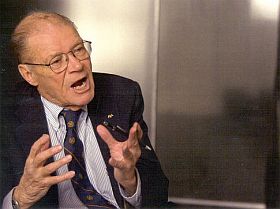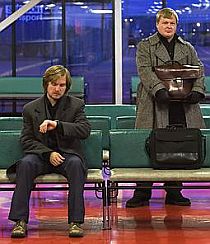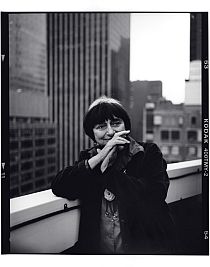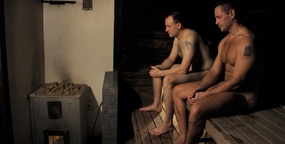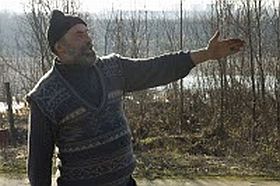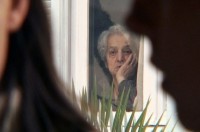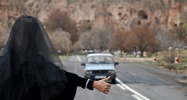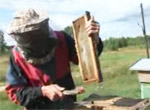


PeÅ Holmquist: Mitt Gaza

This is a special announcement for our Danish and Swedish readers concerning the broadcast of the film by PeÅ Holmquist, ”My Gaza” August 8 at SVT2 22.05. In other words, this coming sunday, with Danish subtitles for Danish viewers. For our English speaking readers who attend international festivals the name of Holmquist will be familiar for a range of politically engaged humanistic documentaries from all over the world, several made together with Suzanne Khardalian, see their website, address below.
Text from the site of Swedish television, SVT: Mitt Gaza är en personlig, politisk och poetisk dokumentärfilm av PeÅ Holmquist. Under 31 år har PeÅ Holmquist filmat i Gaza och skildrat människors öden i denna ofta grymma värld. Nu gör han en egen personlig film av det Gaza han mött, men låter oss också i nyinspelningar efter detta senaste krig i september 2008 träffa några av de palestinier vi mött i de tidigare filmerna. Här finns 62-årige Mustafa, som vid den nya filminspelningen i mars 2009 allvarligt sjuk i prostatacancer. Här finns hans dotter, 39-åriga Raida, med sin lille son som just överlevt ett tre veckors intensivt krig. Första gången PeÅ Holmquist filmade henne var hon tolv år och såg positivt på framtiden, i dag är hon bekymrad om sin fars sjukdom och om framtiden för sin son i ett osäkert och otryggt Gaza.
PeÅ Holmquist har tidigare jort ett 50-tal filmer tillsammans med sin fru Suzanne Khardalian, många av dem prisbelönade och visade över hela världen. Filmer som kan nämnas är Gaza Ghetto, Tillbaka till Ararat, Hennes Armeniske Prins, Unge Freud i Gaza och Bullshit. Foto: PeÅ Holmquist: Gaza efter kriget.
http://svt.se/2.118884/1.1802539/gaza_ar_en_vanlig_och_strapatsrik_plats
